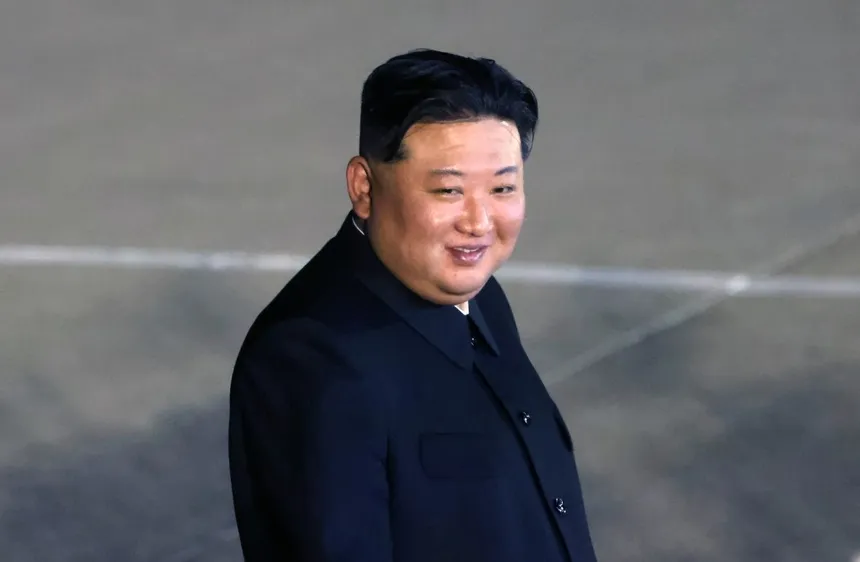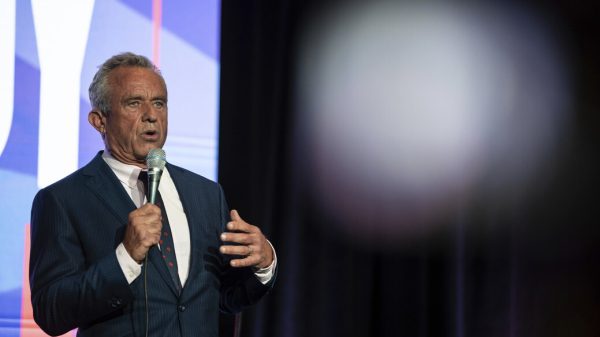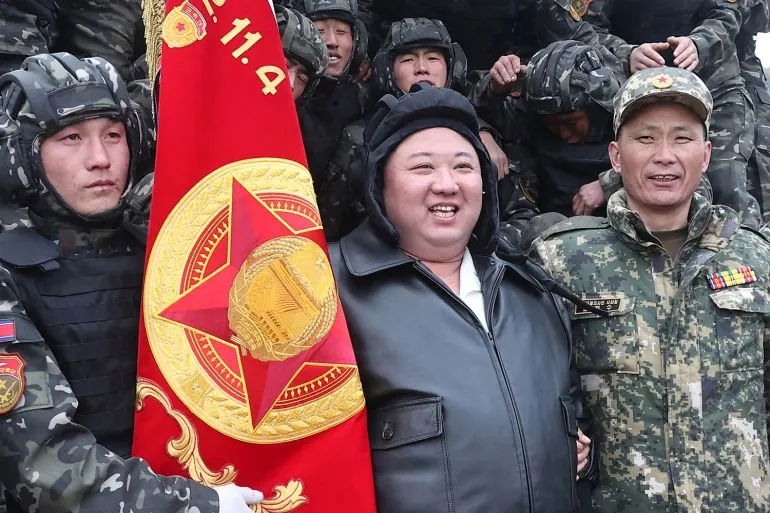North Korea has reportedly successfully placed a spy satellite into orbit with its third launch attempt this year, despite international condemnation and skepticism about the satellite’s capabilities. The North Korean National Aerospace Technology Administration claimed that the “Chollima-1” carrier rocket accurately placed the “Malligyong-1” satellite into orbit on Tuesday night, about 12 minutes after lift-off from the country’s main launch center. However, the UN bans North Korea from conducting satellite launches, citing them as covers for tests of missile technology.
The US National Security Council spokesperson Adrienne Watson strongly condemned the launch, saying it “raises tensions and risks destabilising the security situation in the region and beyond.” She also stated that the launch involved technologies directly related to North Korea’s intercontinental ballistic missile program. Japan’s Prime Minister Fumio Kishida also condemned the launch, calling it “a serious threat that affects the safety of the people.”
North Korea’s pursuit of a space-based surveillance system is seen as a key aspect of its military modernization efforts. The country has been seeking to expand its missile capabilities and develop a nuclear deterrent, and the launch of spy satellites is a crucial component of this strategy. According to the North Korean National Aerospace Technology Administration, the satellite will help improve the country’s war preparedness in the face of “the enemies’ dangerous military moves.”
While the launch has been met with international criticism, it is unlikely to significantly impact the country’s military capabilities in the short term. However, the move is seen as a demonstration of North Korea’s growing capabilities in the space sector and its determination to become a major player in the field.
North Korea’s efforts to develop a space-based surveillance system have been ongoing for several years, with the country launching multiple satellites into orbit since 2012. However, these launches have been met with skepticism by international observers, who question the capabilities of the satellites and their true purpose.

Kim Jong Un (Via Kim Jong Un/Twitter)
The North Korean military has been driving the country’s space program, with the goal of developing a comprehensive space-based surveillance system that can provide real-time intelligence on military operations and target enemy bases. The country has also been seeking to develop more advanced missile capabilities, including intercontinental ballistic missiles and submarine-launched ballistic missiles.
North Korea’s space program has been financed largely by the government, with the military playing a key role in the development and launch of the satellites. The country has also received assistance from other nations, including China and Russia, which have provided technical and financial support to the program.
In September, North Korean leader Kim Jong Un visited Russia’s Far East and met with President Vladimir Putin, where they discussed cooperation in the space sector. The visit sparked speculation of a deal between the two nations, with some experts suggesting that North Korea may be seeking Russian help in enhancing its nuclear and other military programs.
The alleged deal would violate UN Security Council resolutions that prohibit any weapons trading involving North Korea. However, both Russia and North Korea have denied any wrongdoing, with Russia stating that its assistance to North Korea is limited to the construction of satellites.
The North Korean launch has sparked concerns about the potential security implications of the country’s space program. South Korean President Yoon Suk Yeol said that if North Korea succeeds in launching a military reconnaissance satellite, it would signify that North Korea’s ICBM capabilities have been taken to a higher level. He also stated that South Korea will have to come up with reinforced countermeasures to respond to the threat.












































